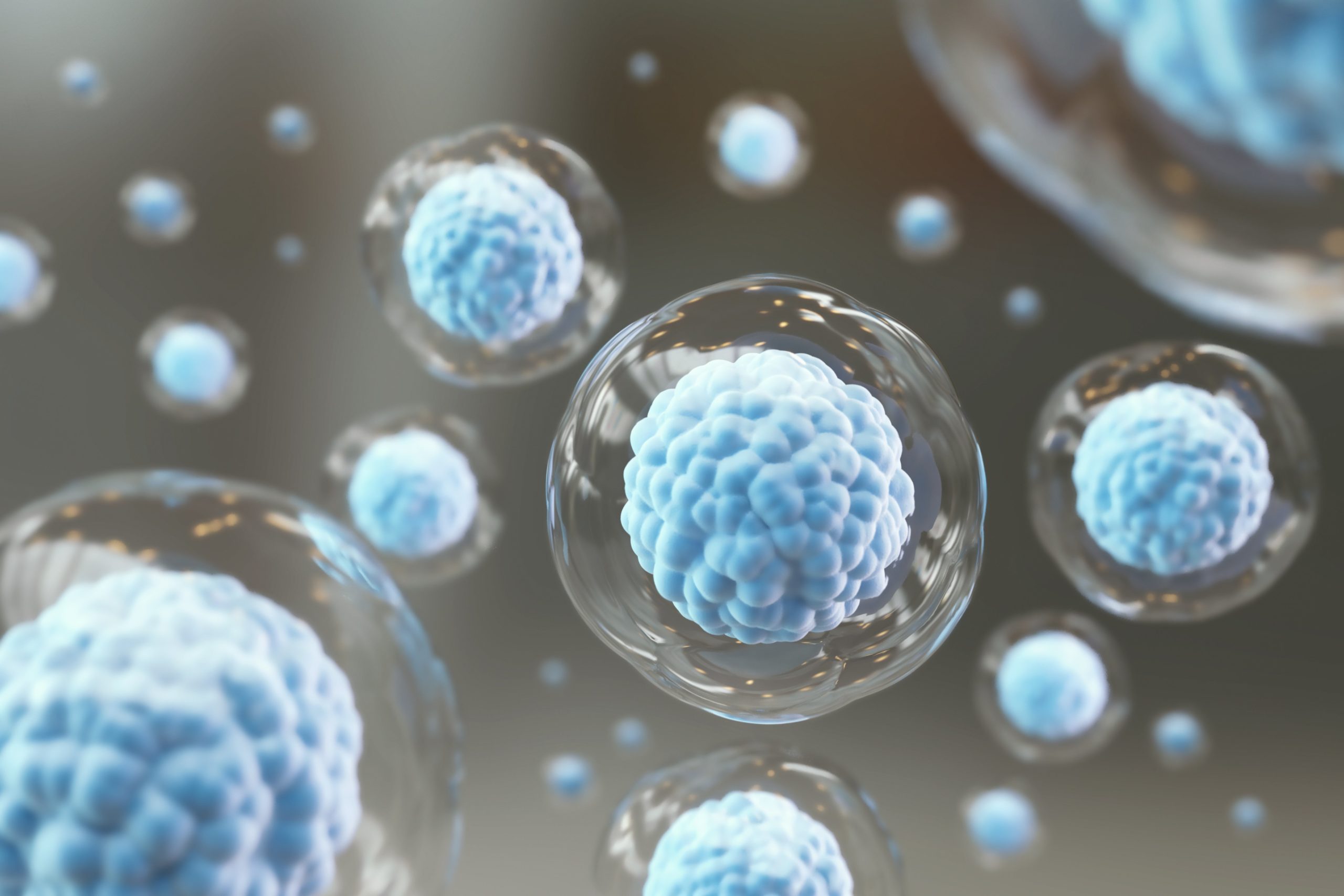Covi-TRaC: arming our immune cells against SARS-COV2
September 11, 2020
Prolific for researchers, the confinement period has allowed the French Establishment of Blood’s (EFS) teams to give birth to and mature many ideas from pre-existing studies. About fifteen projects were submitted to the national EFS as part of the anti-covid research program. A team from Besançon was thus allocated dedicated seed funding for their project considered as a priority - 3 in total were selected.
Contrary to calls for proposals, particularly European ones, launched in the midst of a crisis and calling for immediate applications (production of masks, hydroalcoholic solutions, etc.), this work carried out within the EFS Bourgogne-Franche-Comté (Besançon) aims to identify immune cells that recognize the virus in order to be able to provide medical applications in the medium and long term.
Marina Deschamps and Christophe Ferrand, both researchers at the Right Institute (UMR 1098) and the EFS, have used their twenty years of experience in the field of antitumor cell immunotherapy and CAR-T cells to imagine a process adapted to the treatment of COVID-19.
Their Covi-TRaC project consists of isolating T-lymphocytes so that they can be reprogrammed, armed and used against cells infected with SARS-COV2. The research is being conducted in support of the Coviplasm trial and other EFS teams.
How does it work?
Every person is born with a pool of basic immune cells that we educate throughout our lives: some people are therefore armed to react to the virus and develop adapted "T receptors".
The Coviplasm project collects plasma from these convalescent patients to study it for therapeutic purposes. Using these samples, Covi-TRaC isolates the T-lymphocytes present in the blood to identify the genes that have recognized the disease, using molecular biology technologies. These genes are then transferred to "naïve" T-cells to gain recognition of the disease and kill the infected cell.
"This is a technique we've been using for a long time in the field of CAR-T cells," explain the two researchers, who almost obviously "adapted their research to a new target", this time viral rather than tumoural.
This process should yield good results, especially for immunocompromised patients, for whom a vaccine would not be applicable.
What are the results?
The research carried out within Covi-TRaC has a twofold interest: therapeutic but primarily scientific, since it provides a better understanding of the deregulation of the immune system caused by the virus.
Indeed, the application of this type of research up to the production of a treatment is very long. Marina Deschamps insists "we all necessarily want to be able to provide new options for patients, but we don't have miracle solutions". And yet, by helping to understand the disease and how it works, they are contributing to the knowledge that is shared worldwide.

